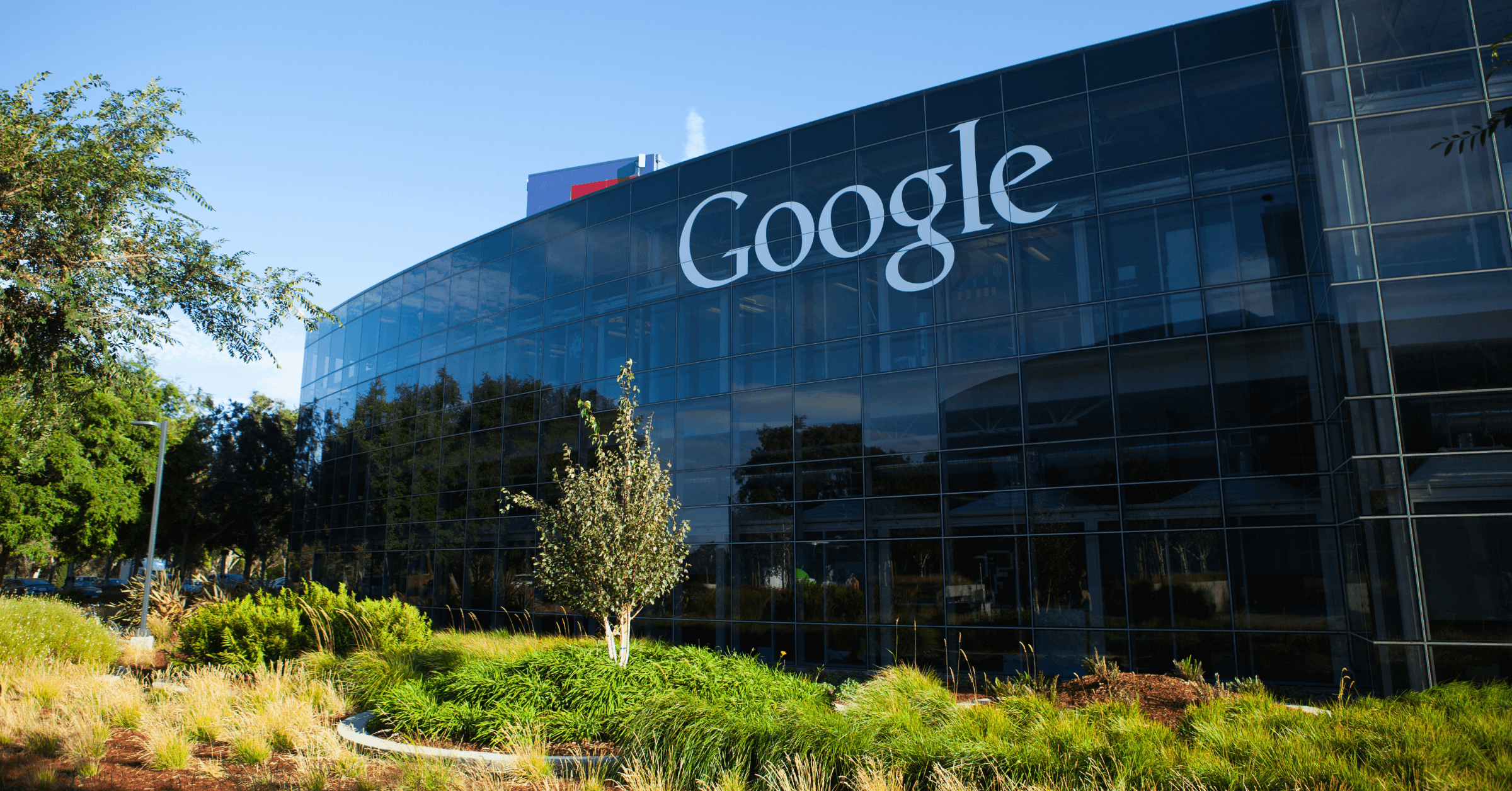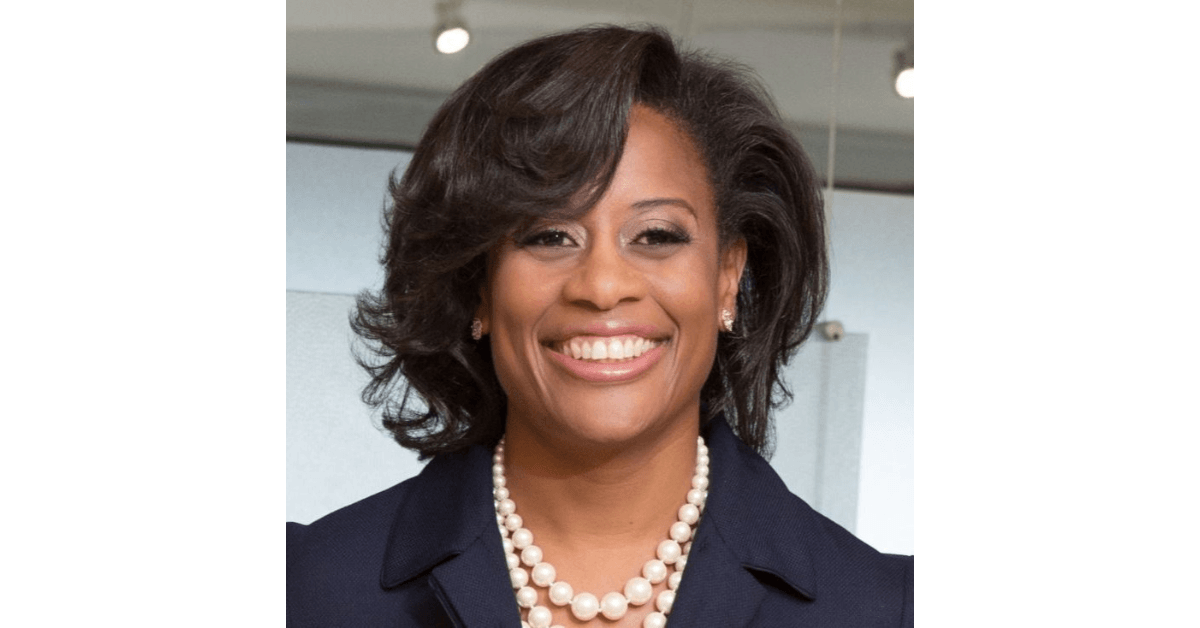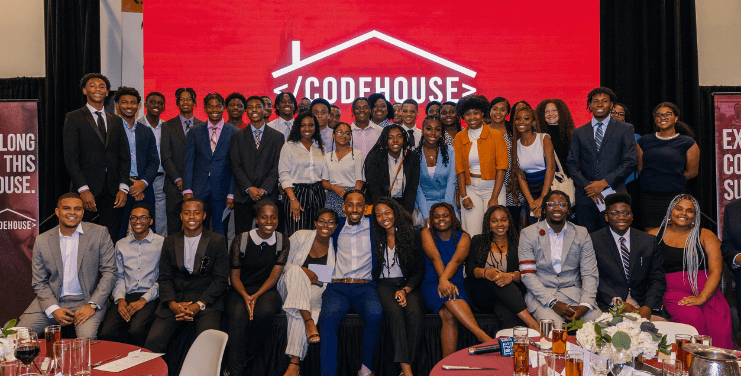KEY INSIGHTS
- The EU-U.S. Trade and Technology Council meeting focuses on cyber threats from China but neglects to establish cybersecurity laws for minorities.
- Together, 45 percent of Black Americans, indigenous people and people of color (BIPOC) are slightly more likely to have their social media accounts hacked compared to 40 percent of white users.
- The Share the Mic project is fostering more dialogue for cyber equity in the workforce.
Tech companies like Apple, Google and Meta (formerly known as Facebook), actively shape how people spend their time, the careers they pursue and what they think, but for Black consumers, these technologies can negatively impact their communities. In the U.S., big tech companies are working on diversifying their workforce and implementing equal finances.
Management Leadership for Tomorrow’s (MLT) Black Equity At Work Certification ensures corporations meet racial equity standards in hiring, promotion, compensation, work environment, purchasing, philanthropy and investments. Over 45 companies have pleaded to the program. MLT and CNote, a women-led impact investing platform, announced a new partnership that adds corporate investments in Black communities and entrepreneurs to the certification. CNote is working with companies like Paypal to transfer funds to Black communities.
“Over the past couple of years, we’ve been working intensively with corporations, including big tech companies, to drive more money into community financial institutions that build greater Black equity and economic opportunity in communities of color, Catherine Berman, CEO of CNote, told The Plug.
Microsoft is working on a five-year plan to combat racial injustice and inequality for Black and African American communities and assist underrepresented communities. Microsoft plans to invest $150 million into diversity and inclusion and double the number of Black managers, senior individual contributors and senior leaders by 2025.
Despite shutting down some diversity programs, Google is also on a 2025 deadline to improve Black representation at senior levels and increase the number of employees from underrepresented groups by 30 percent. Google CEO Sundar Pichai created a task force to identify challenges with hiring, retention and promotion at all levels for underrepresented groups and improve the process for diverse candidates and employees.
Last year, Google was under scrutiny when 800 Google employees voiced their support for Timnit Gebru, technical co-lead of Google’s Ethical Artificial Intelligence Team, who alleged she was let go because the company’s leadership had retracted a paper on ethical problems involving a natural language processor AI.
The biggest tech companies are attempting to make strides in emerging technology for African countries and Black Americans.
Yellow Card, a Pan-African bitcoin exchange, announced that it raised $15 million in a Series A funding round. Twitter and Square CEO Jack Dorsey participated in the financing round to help fund the exchange’s operations in 12 countries across the African continent. In 2019, Dorsey visited African countries to learn more about the region’s technological advancements. Yellow Card is another step Dorsey is taking to increase bitcoin adoption.
Some of Africa’s fintech companies are increasing economic resources from Facebook investments, according to a Quartz Africa report. Facebook assisted in raising Flutterwave’s, an information technology (IT) service, valuation exceeding $1 billion. Flutterwave has expanded to Ghana, Kenya and South Africa in the past few years and is currently active in Nigeria, Kenya and Uganda. Flutterwave is working on financial accessibility by adding more care insurance services.
Over 80 percent of African citizens work in an informal economy, which drives 55 percent of the continent’s Gross Domestic Product (GDP). Data suggests that the informal economy will continue to provide the bulk of jobs as formal sectors are too small to accommodate an estimated 10 million to 12 million young Africans who enter the workforce every year.
Facebook is helping provide a trust asset for job security in sub-Saharan Africa. Facebook requires that users provide their real names when signing up for accounts, which helps to overcome the trust hurdle in economic transactions. According to Michael Kimani of the Borderland Biashara project, Mukami, a mitumba (used clothes) seller in Nairobi, earns 80 percent of her sales leads from a private Facebook group of 198,000 members.
Many big tech companies are working to employ more Black workers and increase opportunities. Time will tell if the initiatives will be done while minimizing regular discrimination against Black workers.
Sponsored Series: This reporting is made possible by the The Ewing Marion Kauffman Foundation
The Ewing Marion Kauffman Foundation is a private, nonpartisan foundation based in Kansas City, Mo., that seeks to build inclusive prosperity through a prepared workforce and entrepreneur-focused economic development. The Foundation uses its $3 billion in assets to change conditions, address root causes, and break down systemic barriers so that all people – regardless of race, gender, or geography – have the opportunity to achieve economic stability, mobility, and prosperity. For more information, visit www.kauffman.org and connect with us at www.twitter.com/kauffmanfdn and www.facebook.com/kauffmanfdn.








